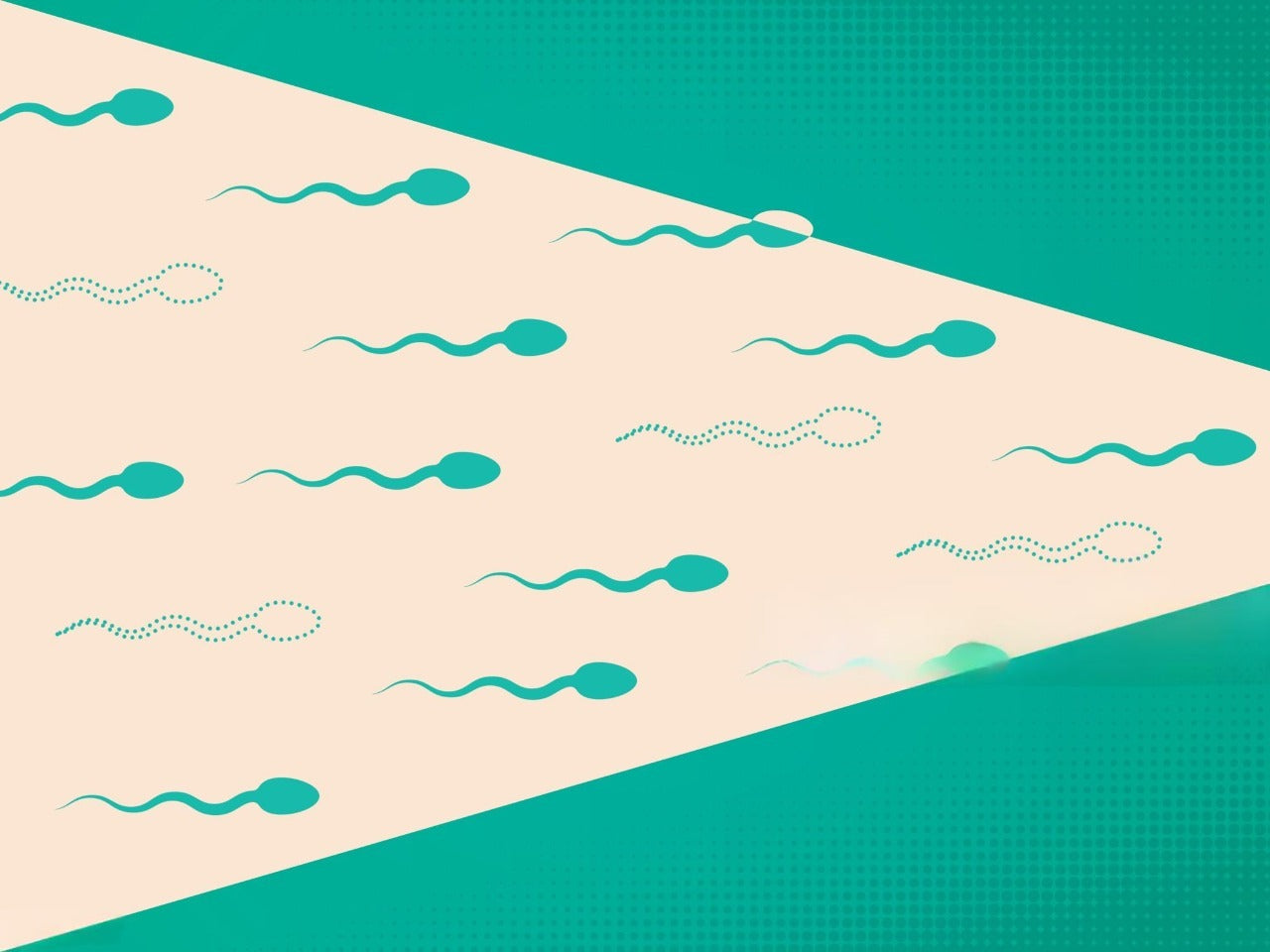Male Fertility Is Declining: What the Science of Sperm Reveals

For decades, fertility conversations have largely centered on women. But scientific research continues to affirm that male fertility plays an equally critical role in conception. In fact, male-related issues contribute to nearly half of all infertility cases in couples who are struggling to conceive. This is not just anecdotal. Sperm health is in global decline, and the consequences affect far more than reproduction.
A landmark 2017 meta-analysis published in Human Reproduction Update revealed that average sperm concentration in men from Western countries dropped from 99 million per milliliter in 1973 to 47 million per milliliter in 2011. That’s a more than 50 percent decrease. Newer data indicate that the decline is accelerating. It’s not just the count. Sperm motility and morphology are also dropping, meaning fewer sperm are swimming well or maintaining a healthy structure, both of which are essential for fertilization.
What’s driving this trend? While some men face genetic issues that impact sperm production, the widespread decline is largely being linked to environmental and lifestyle factors. Chemical exposure is one of the major culprits. Endocrine disruptors found in plastics, pesticides, and industrial pollutants can interfere with hormone function and reduce sperm quality. Diet is another significant factor. Diets high in processed foods, trans fats, and sugar correlate with poorer sperm outcomes, while diets rich in omega-3s, antioxidants, and nutrients like zinc and folate show positive effects on sperm health.
Metabolic health also plays a major role. Obesity, insulin resistance, and inflammation disrupt the hormonal balance required for healthy sperm production. Add to that chronic stress, which suppresses testosterone and impairs sperm development, and a sedentary lifestyle that leads to decreased sperm motility. Even frequent heat exposure from hot tubs, saunas, or laptop use on the lap can raise scrotal temperatures and impact sperm production. Each of these factors contributes to what is now being considered a global public health issue.
Sperm health matters for more than just fertility. It is increasingly viewed as a biomarker for broader male health. Poor sperm quality is associated with an increased risk of cardiovascular disease and metabolic disorders. New research even suggests that sperm can carry epigenetic information that influences the long-term health of future children. In assisted reproduction, sperm quality is essential. While techniques like ICSI can help overcome some male factor infertility, improving natural sperm health remains key to success.
Here’s the good news. Unlike egg reserves, which are finite, sperm regenerate every 74 days. That means meaningful changes to diet, exercise, and lifestyle can show measurable improvements in as little as two to three months. This gives men a powerful opportunity to take proactive steps. At Mate Health, we offer at-home semen analysis kits that provide lab-grade, clinically validated results on key fertility markers like motility, sperm count, morphology, and DNA fragmentation. It's a discreet and data-driven way to get clarity on your reproductive health.
By understanding what’s affecting male fertility and what can be done about it, men can reclaim control over their reproductive future. This isn’t just a personal issue, it’s a public health conversation. As Eric Lacy explained in his insightful LinkedIn article, the science of sperm is rapidly evolving. It’s time the dialogue around fertility evolved with it.
To learn more about how you can take control of your fertility health, explore the latest Mate Health science, or shop our semen testing kits. It’s never too early to understand your numbers.
- Post written by Val Demiri.
